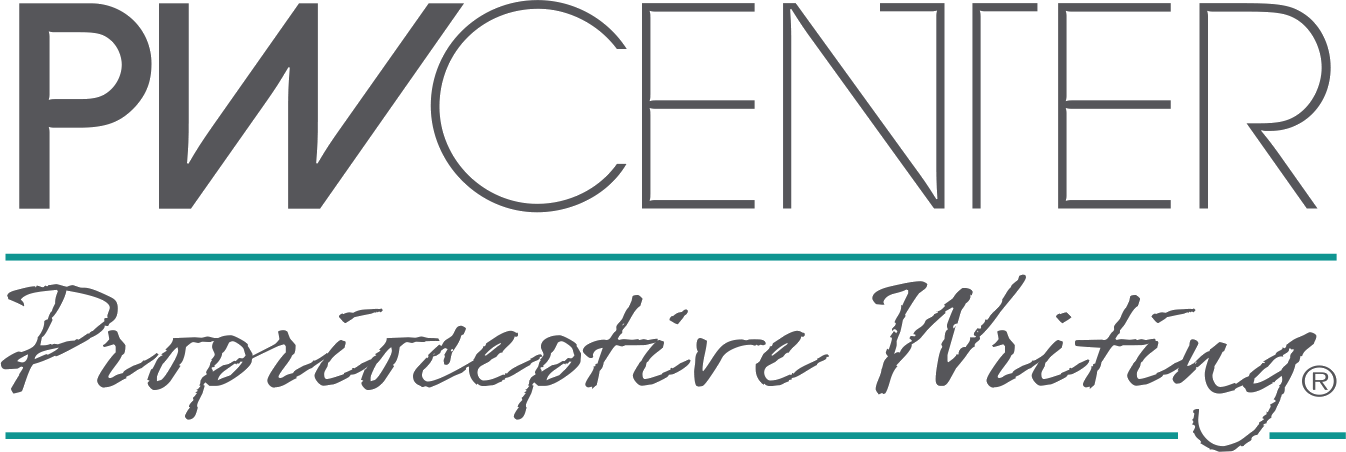
Press
The Power of Self-Reflection: From Comparison Anxiety to Proprioceptive Writing
Self-reflection is a powerful tool that can help us better understand ourselves and our lives, leading to personal and professional growth. In today’s fast-paced world, social comparison has become a common phenomenon that often leads to comparison anxiety and poor mental health. However, by applying strategies such as practicing strength journaling, finding role models, partnering with a goal buddy, and creating a support circle, we can avoid the worst aspects of comparison anxiety and focus on our own journey.
Writing Back to the Self
There’s a certain irony to writing about writer’s block. But those of us who put pen to paper, or fingertips to keys, for a living are no stranger to the affliction.
Searching for the right words to convey a story, a sensation, or to translate a demanding but as-yet-cryptic feeling can be a process akin to pulling teeth. Luckily, Linda Tritchter Metcalf, an author who is all too familiar with this challenge, has developed a method of writing to counteract blockages. It’s called Proprioceptive Writing.
The Secret to Writing Your Life
Make space for your inner voice with Proprioceptive Writing
When you hear the term “sixth sense” you may think of someone with a highly developed or even psychic intuition. But we all actually have a sixth sense, known as proprioception, that helps us feel our body’s location in relation to the surrounding space. You can pluck a strawberry and pop it in your mouth without looking in a mirror because your hand knows where your mouth is. You can walk down a sidewalk without watching your steps because your feet know where the ground is. You can bring your fingers up to scratch your nose when it itches without accidentally running your nails across your ear instead. We constantly rely on our proprioceptive sensors to transmit information to the brain, a communication that allows us to stand, sit, lie, and move through space with ease.
Proprioceptive writing encourages evolution in thinking
If you've made a vow to spend more time with your journal this year, take that a step further with proprioceptive writing. Unlike other process-writing methods that focus solely on expression - including journal writing, free writing and stream-of-consciousness writing - proprioceptive writing focuses on both expression and reflection. It's basically a tool to change the way you think.
Writing to Know Yourself Better: Proprioceptive Writing
How can you use writing to get to know yourself better? The basis of this method is to quietly and calmly write down what comes to mind, asking yourself questions about what you actually mean. You do this in three steps. Wies Enthoven, who works with this method, explains step by step.
What is Proprioceptive Writing?
To start with the name: Proprioception derives from the Latin word proprius, which means ‘one’s own’. When you write in this way, you become aware of everything that goes on in your mind — pictures, feelings and ideas — that you normally wouldn’t be aware of throughout the day. Only when you listen to yourself calmly and write down what is there can you really reflect on your thoughts.
Proprioceptive Writing Explained
Garrett Crowe spoke with Anne Bright, the head teacher at the Center for Contemplative Writing in Chattanooga. The Center for Contemplative Writing specializes in teaching Proprioceptive Writing, a tool that supposedly builds self-trust, spirituality, and creativity.
